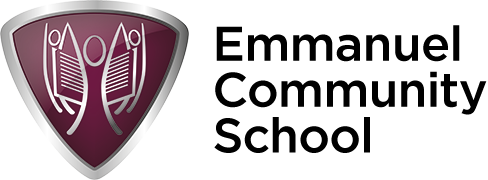
The curriculum encompasses all that takes place in the school, our ethos will be woven into lesson contents, individual, group, weekly and termly plans and schemes of work.
Staff and pupils will be provided with clear guidelines and expectations about what abilities, skills and knowledge are needed at different stages and levels. There will be consistency in how pupils are taught through the establishment of routines, an ordered learning environment and classroom culture. Staff will have short, medium and long-term curriculum maps that identify which standards are taught and when. Staff will check for understanding regularly through informal and formal assessments. Teaching will regularly be modified based on data from these assessments.
In line with our vision of nurturing every child, we offer a broad and balanced curriculum to cater for the needs of our pupil intake. We have a holistic learning approach which incorporates personal, community and international learning. This is crucial to help prepare students for wherever they may live and the challenges they will face as adults in the twenty-first century. Instead of adopting a single curriculum style, we tailor our curriculum to meet the learning needs of our students. Our rich, diverse, rigorous and goal- driven curriculum, with its emphasis on active learning experiences, is designed to be relevant and stimulating, to promote curiosity and enquiring minds, which will enable pupils to develop a love of learning and to enjoy school.
The school will deliver a curriculum that addresses global demands and personal development needs. Our curriculum is well rooted in the National Curriculum and the Early Years Foundation Stage (EYFS) Curriculum. Maths is delivered using White Rose, Numicon and Enrich schemes to instill confidence, inspire a genuine love of maths and help every child master mathematical concepts.
For English, Read Write Inc. (RWI) Scheme – designed to create fluent readers, confident speakers and willing writers; provides a structured and systematic approach to teaching literacy. Subjects including Science are delivered using schemes that have been cross-referenced to the National Curriculum and are designed to meet the needs of our pupils; to provide an experience that develops international mindedness, creativity and leadership in pupils. Throughout our schools, English, Mathematics, Modern Foreign Languages, ICT, Art and Music will be taught discretely as well as within other curriculum areas. We will employ specialists to deliver some of these curriculum areas as well as sports and physical education.
The strength of our curriculum was confirmed in the 2014 Ofsted report for Emmanuel Community School Walthamstow, which stated:
“The range of subjects offered by the school is very well organised to capture pupils’ interests. It ensures that pupils have very well-developed key basic skills with a strong focus on creativity and using the outdoor environment to enhance learning.”
“Effective and innovative use of information and communication technology is embedded in school practice. For example, pupils in the Reception class routinely use the interactive white-board. “
Our model has key features which we will embed in the school as we strive to provide a setting where pupils have outstanding experiences. These include:
Our aim is to develop pupils to:


Accessibility Tools